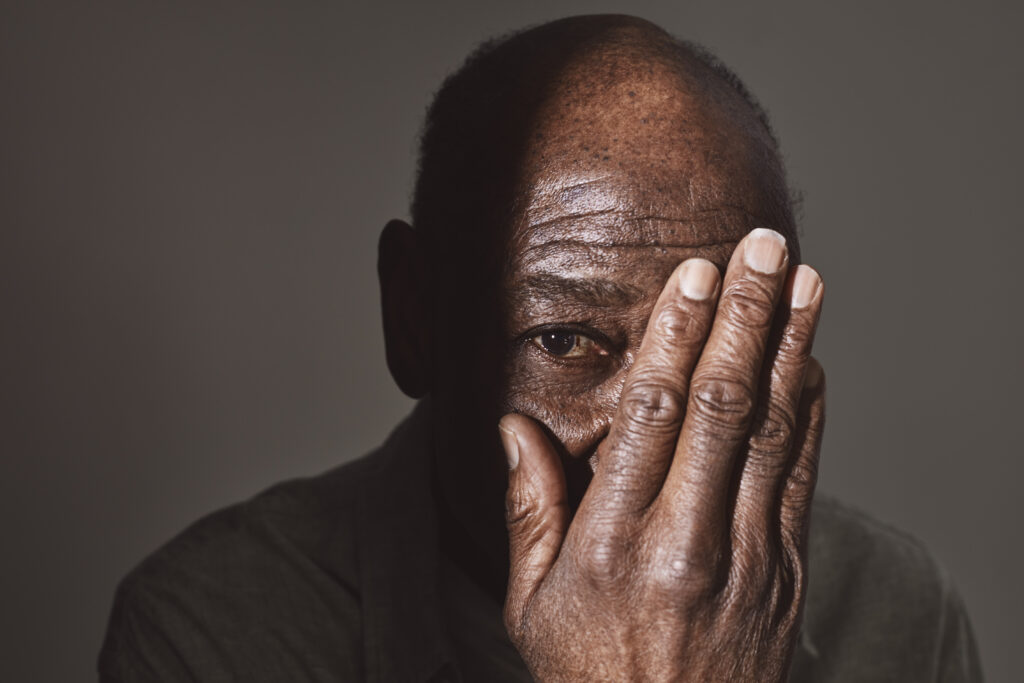
Despite the challenges of living with diabetes, a new AI-driven detection tool can help ease the burden of the disease.
Researchers from Johns Hopkins Medicine and the University of Wisconsin-Madison have published a study on the use of autonomous artificial intelligence for detecting diabetic eye disease (DED). The study, titled “Autonomous Artificial Intelligence for Diabetic Eye Disease Increases Access and Health Equity in Underserved Populations,” was published in Nature.
Study Findings
In the study, researchers discovered the impact of using Digital Diagnostics’ autonomous AI tool, LumineticsCore, on adherence to diabetic eye disease (DED) testing.
In the study, a total of 17,674 patients with diabetes were managed at Johns Hopkins Medicine in 2019. Most patients were female (53 percent) and under 65 years old (69 percent). The two most highly represented racial groups were White (45.2 percent) and Black Americans (40.6 percent), and the two most common insurance coverages were commercial/other (48.7 percent) and Medicare (30.0 percent). Nearly all patients resided in an urban setting.
From 2019 to 2021, researchers compared adherence rates between two groups of patients at Johns Hopkins Medicine. Those tested at sites with the AI tool and those at sites without AI. The AI tool led to a 7.6 percentage point greater increase in diabetic eye disease testing adherence compared to non-AI sites. Among Black American patients, adherence increased by 12.2 percentage points with AI and decreased by 0.6 percentage points without AI.
The gap in adherence rates between Asian Americans and Black Americans narrowed significantly from 15.6 percent in 2019 to 3.5 percent in 2021.
The Impact on Black Americans
The study highlighted a significant improvement in DED testing adherence among Black American patients at AI-switched sites.
Researchers noticed that adherence increased by 12 percent in this group, suggesting that AI technology effectively addressed disparities in eye care for Black Americans.
The reduction in the adherence gap between Black Americans and other racial groups also underscores AI’s potential to improve health equity.
Black Americans and Diabetic Eye Disease
According to the National Eye Institute (NEI), diabetic retinopathy affects 7.7 million Americans and is set to increase to more than 14.6 million people by 2030.
Of that percentage, more than 800,000 Black Americans have diabetic retinopathy, and this number is projected to increase to approximately 1.2 million people by 2030.
The CDC reports that Non-Hispanic Blacks had the highest prevalence rate of DR (3.26 percent) and vision-threatening DR (1.11 percent).
Raising awareness for Diabetic Eye Disease is crucial, as early detection can reduce the risk of vision loss and improve the quality of life for those affected.
Need for Black Americans to Participate in Trials Like These
Michael D. Abramoff, MD, PhD, founder of Digital Diagnostics and creator of the LumineticsCore AI system, emphasized that autonomous AI has the potential to address health disparities and improve access to care.
Black Americans, who historically face greater barriers to receiving quality health care, could benefit significantly from participating in trials of such technologies.
“Our study is limited by its retrospective nature and the fact that nearly all patients included in our study live in a metropolitan area, so our observations may not generalize to patient populations living in micropolitan, small town, and rural residences,” the researchers noted in the study. “However, our data demonstrated that deployment of autonomous AI for dry eye disease testing in the primary care setting is highly associated with improvement in adherence rate, patient access and health equity.“
Abramoff’s research indicates that AI can play a crucial role in narrowing health disparities and improving care access for underserved populations, making it imperative for these communities to be involved in clinical trials to ensure the benefits are equitable and inclusive.









